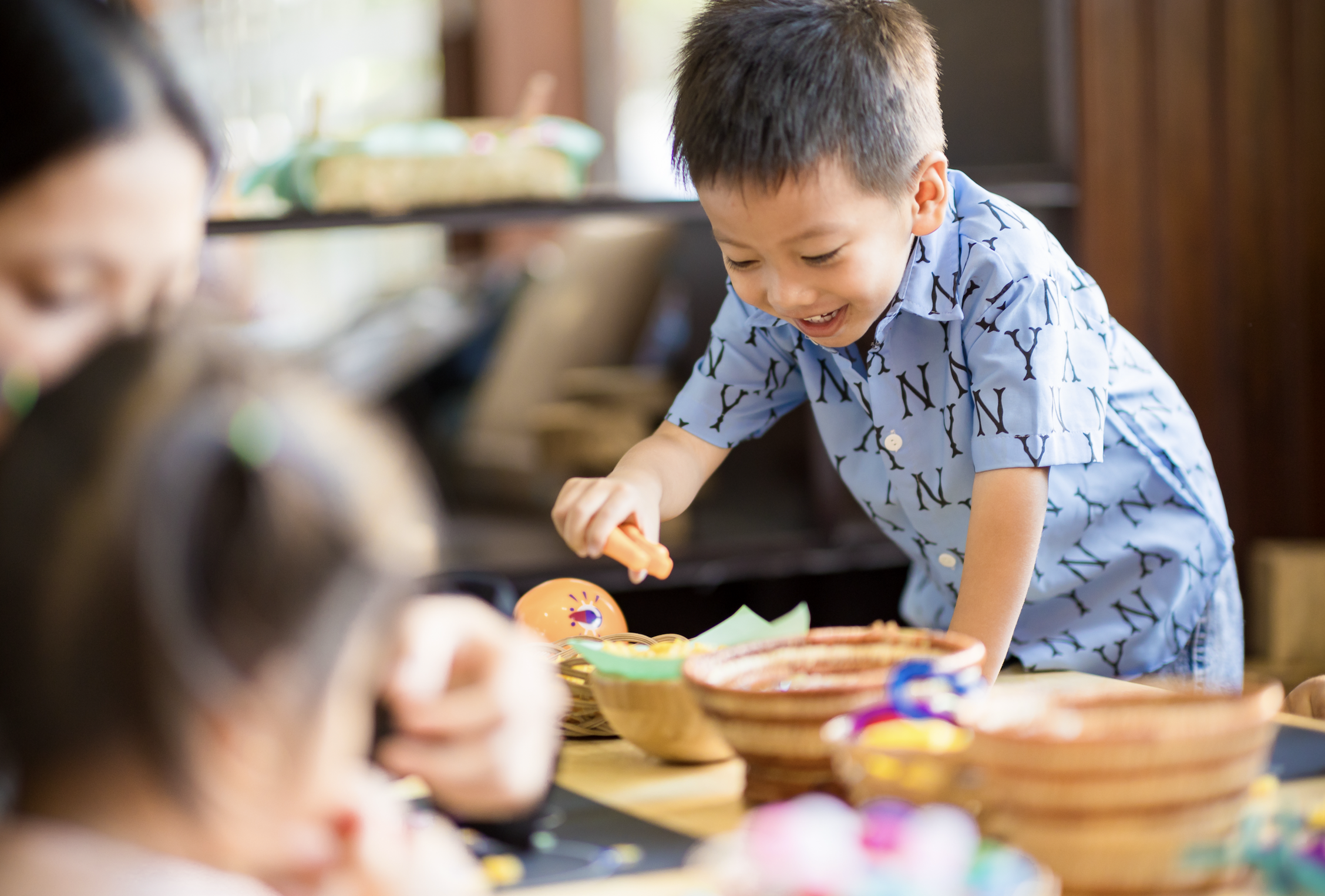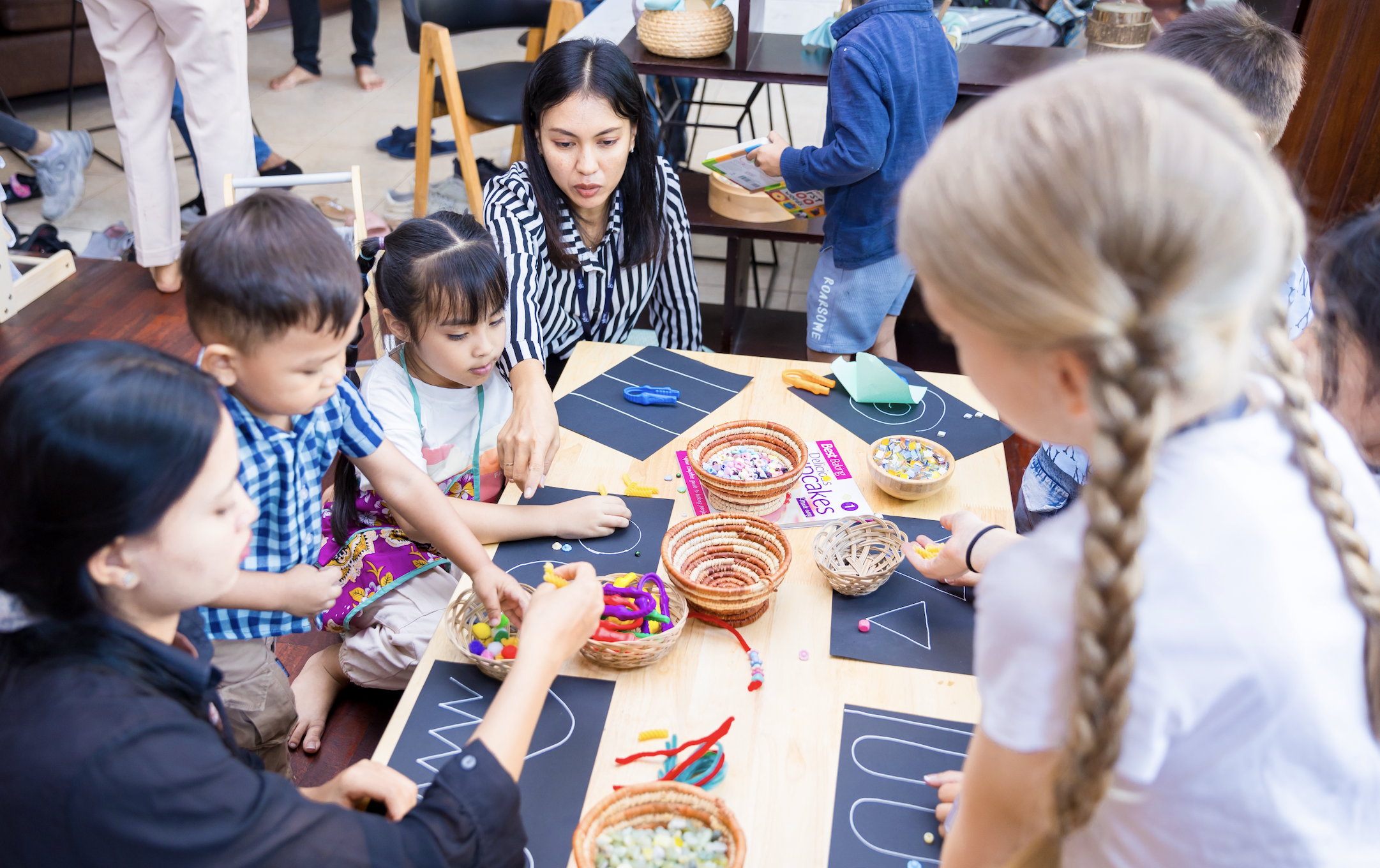
Reggio Emilia Inspired Education
-

Your Child
The Reggio Emilia philosophy values children as capable and competent individuals. We see each child as an active participant in their own learning journey, with their own unique strengths, interests, and ways of learning.
In line with the Reggio Emilia philosophy, we believe that children have “a hundred languages”through which they can think, play, explore, speak, do, and make sense of the world. These languages include not only spoken and written language, but also visual arts, music, movement, drama, and more.
Our curriculum is designed to be flexible and responsive, allowing for exploration and learning that builds on children’s interests and curiosities.
-

Our Teachers
Our teachers lead with love and dedicate time to building warm, respectful relationships with each child. We understand that when children feel a strong sense of belonging they are empowered to take risks and explore the world around them. We believe that teachers should observe children, engage with their ideas and interests, and provide rich and varied learning opportunities. Their role involves supporting and extending the child’s capabilities and curiosities so that they can fully flourish.
We also honour families as children’s first and most influential teachers, so we aim to create partnerships that build on the strength of each other’s knowledge. By working together, we can create a personalised learning experience that reflects each child’s unique strengths, interests, and cultural backgrounds.
-

The Environment
Often referred to as the “third teacher”, a Reggio Emilia inspired environment is one that is calm and welcoming to promote a sense of belonging, safety and emotional wellbeing for children.
Our peaceful and inviting learning spaces are inspired by nature through the use of calming colours and natural materials such as wood, stones, and plants. It is these details in the design that engages children’s creativity, curiosity and development as critical thinkers.
We believe that the environment should encourage exploration, experimentation, and collaboration, and should reflect the unique cultural backgrounds and perspectives of the children and families we serve.
